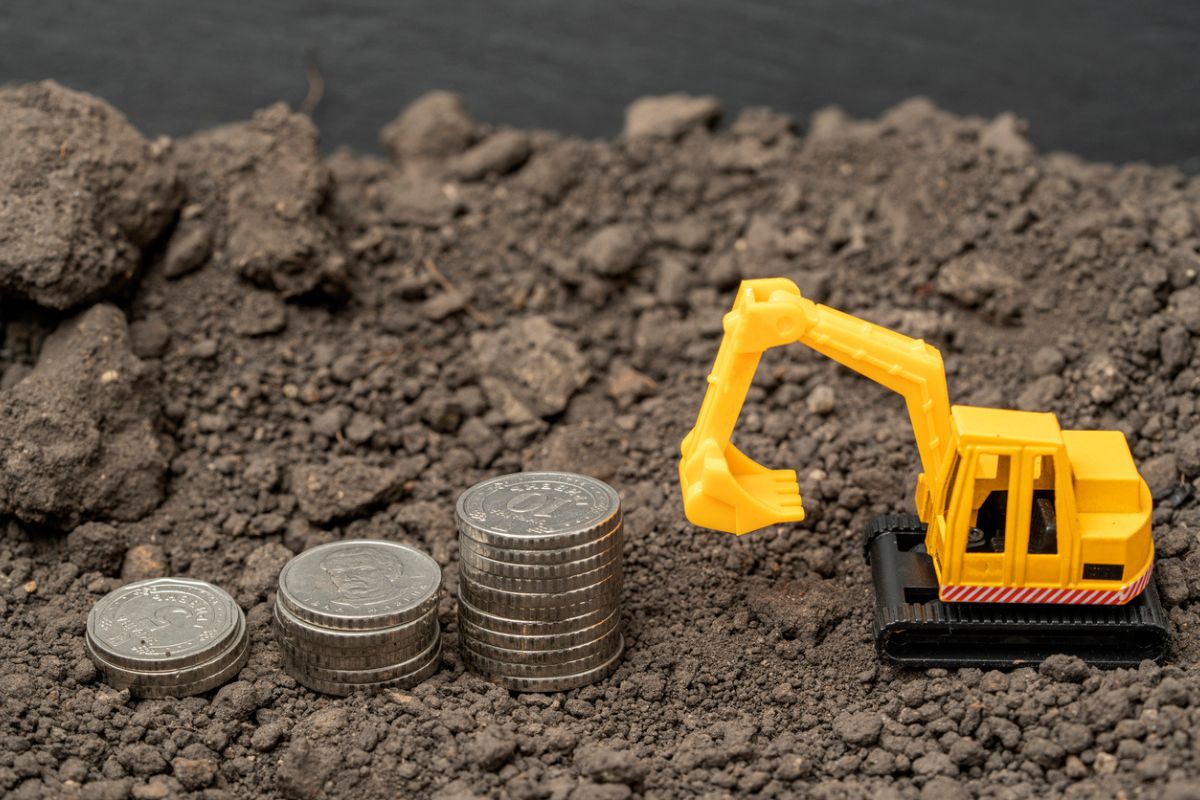Funding is set to boost secondary mining, as well as next-generation technologies.
The U.S. Department of Energy (DOE) has announced a combined $355 million in grant funding across two programs aimed at expanding domestic critical mineral production and reducing reliance on foreign suppliers. Of the total, $275 million will support the development of pilot-scale facilities that extract critical minerals from coal waste and other secondary mining. The remaining $80 million will fund the development of next-generation mining technology demonstration sites, with a focus on automation, real-time imaging, and advanced separation systems. This initiative represents the DOE’s first major investment in mining technology in nearly four decades, according to the department’s press statement.
The background to the two programs is the U.S.’ heavy dependency on foreign sources of critical minerals, with China holding dominant positions across multiple supply chains. The new DOE measures form part of a broader federal effort to diversify mineral sourcing and bolster U.S. supply chain resilience. In July, the Department of the Interior also launched a push to accelerate the recovery of critical minerals from abandoned mines and mine waste (we reported).
The DOE announcement also comes amid heightened geopolitical attention on rare earth cooperation. Earlier this month, a rare earth framework agreement between Washington and Beijing made headlines; however, conflicting information persists regarding the overall scope of the deal. Treasury Secretary Scott Bessent said in remarks aired Sunday that a final agreement would “hopefully” be reached by Thanksgiving.
Photo: iStock/Aleksander Tumko

